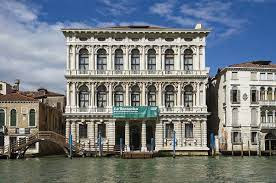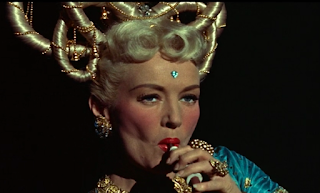I just got clued in (by the erudite Alec Dixon of SC Labs) that VIP Susan Blackmore is even cooler than I knew. A well-known psychologist and author of the bestselling book The Meme Machine, Blackmore now has over 600,000 views for her TedTalk on "Memes and Temes."
Dr. Blackmore appeared at the 2005 Cheltenham Science Festival to discuss whether drugs can teach us anything about ourselves. A version of her talk was published in the Daily Telegraph on May 21 of that year. In it, she says:
"Some people may smoke dope just to relax or have fun, but for me the reason goes deeper. In fact, I can honestly say that without cannabis, most of my scientific research would never have been done and most of my books on psychology and evolution would not have been written. . . . Some evenings, after a long day at my desk, I'll slip into the bath, light a candle and a spliff, and let the ideas flow - that lecture I have to give to 500 people next week, that article I'm writing for New Scientist, those tricky last words of a book I've been working on for months. This is the time when the sentences seem to write themselves. Or I might sit out in my greenhouse on a summer evening among my tomatoes and peach trees, struggling with questions about free will or the nature of the universe, and find that a smoke gives me new ways of thinking about them." [Sounds similar to Carl Sagan's experience.]
"In just about every human society there has ever been, people have used dangerous drugs – but most have developed rituals that bring an element of control or safety to the experience," Blackmore continued. "In more primitive societies, it is shamans and healers who control the use of dangerous drugs, choose appropriate settings in which to take them and teach people how to appreciate the visions and insights that they can bring. In our own society, criminals control all drug sales. This means that users have no way of knowing exactly what they are buying and no-one to teach them how to use these dangerous tools. . .
"It's an old metaphor, but people often liken the task to climbing a mountain. The drugs can take you up in a helicopter to see what's there, but you can't stay. In the end, you have to climb the mountain yourself – the hard way. Even so, by giving you that first glimpse, the drugs may provide the inspiration to keep climbing."
Blackmore has recently published Consciousness: A Very Short Introduction and is a patron of the UK Drug Policy Reform organization Transform. See a collection of her writing in support of drug legalization.
Naturally, I had to make a meme for Blackmore.












